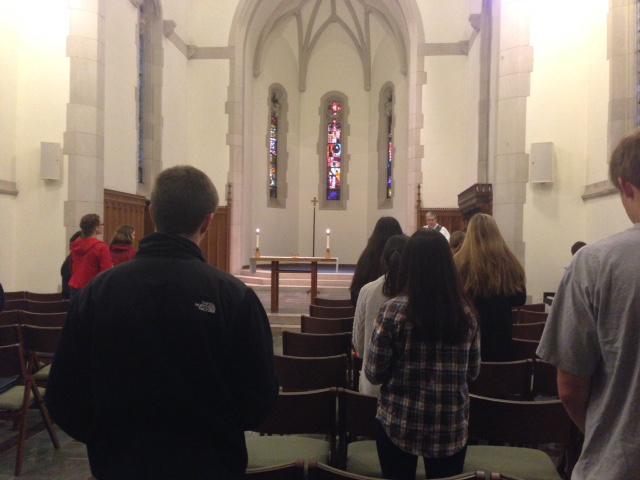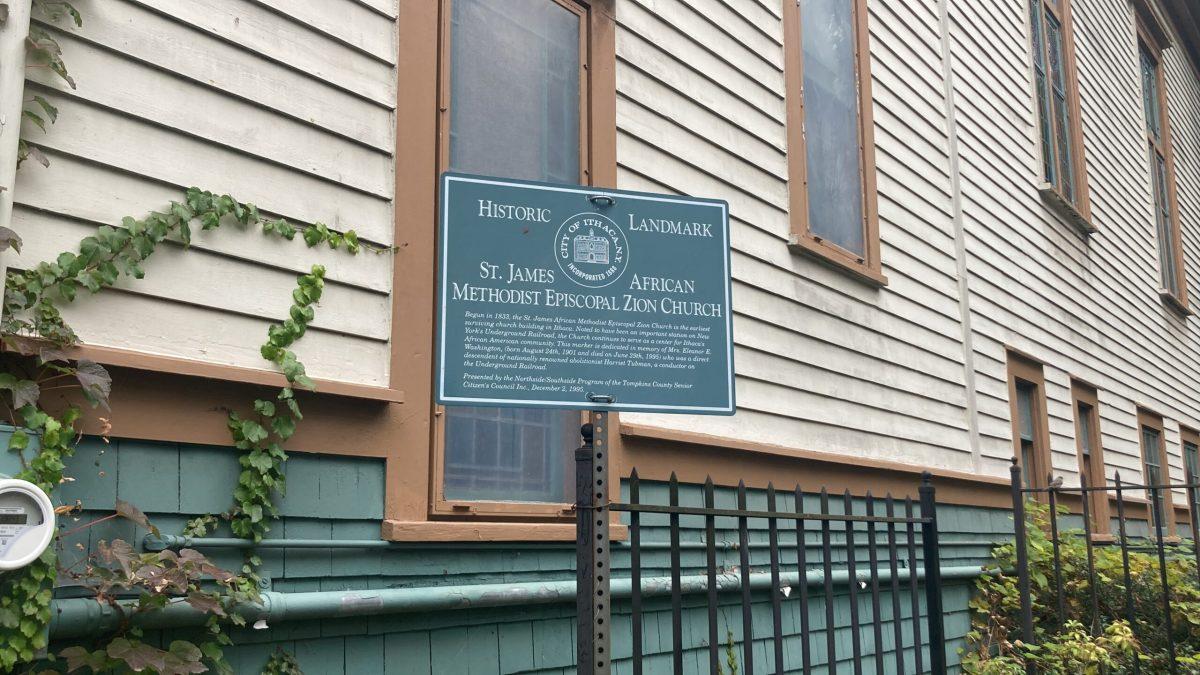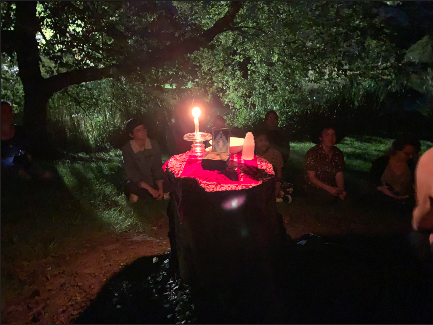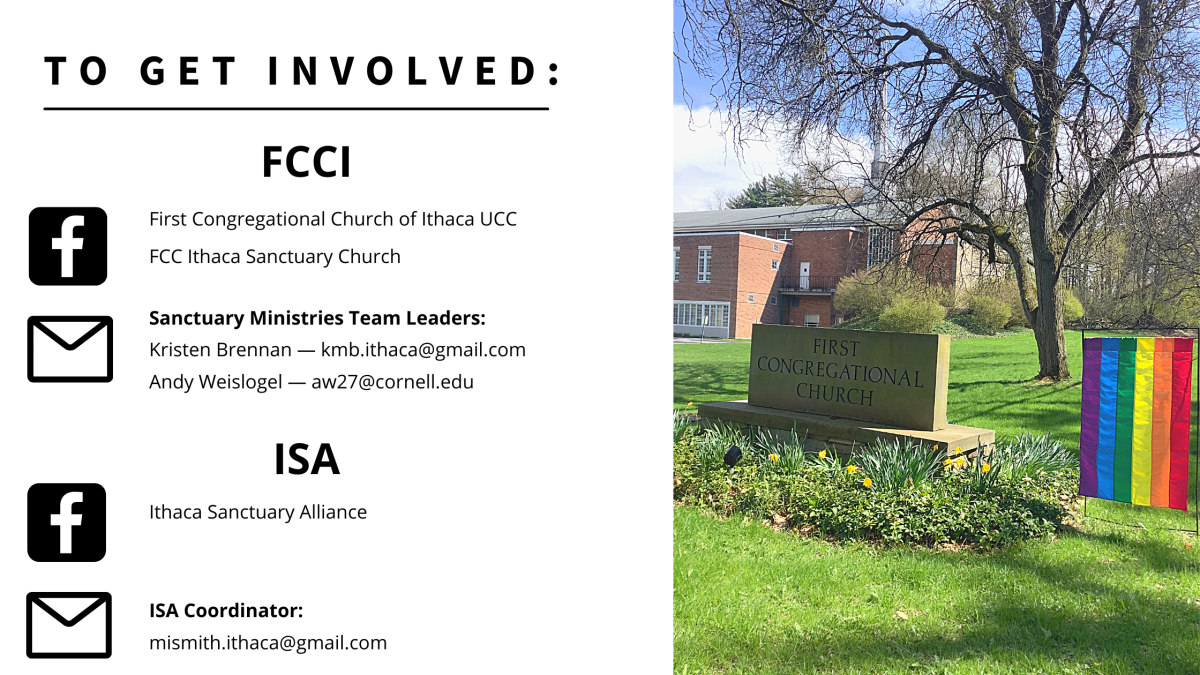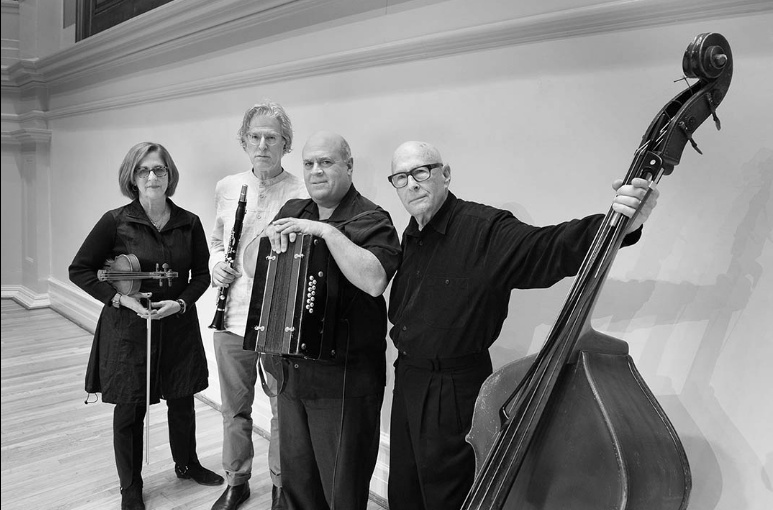The Ithaca Catholic community has responded unsurprised to Pope Francis’ Oct. 28 statements aligning the teachings of creationism with the theories of evolution and the ‘Big Bang.’
Francis declared that evolution and the Big Bang are real while speaking at the Pontifical Academy of Sciences at The Vatican. Francis explained that the two methods of thought are not incompatible but in fact “require” each other.
[topswf swf=’https://www.ithacaweek-ic.com/wp-content/uploads/2014/11/Pope-project.swf’ width=’600′ height=’429′ quality=’best’ wmode=’transparent’ scale=’default’ flashvars=” allowfullscreen=’false’]
Ithaca Catholic Deacon Mike Mangione said he was not shocked by Francis’ comments because of the way Christians are supposed to interpret the writings in the Old Testament.
“Was there a single man and woman put on this earth as Adam and Eve?” Mangione said. “The Bible tells us that that’s what happened but that doesn’t mean that’s exactly what happened.”
The Catholic Church has long been considered an anti-science institution, a troublesome relationship that started in 1663, when Galileo Galilei was suspected of heresy by the Inquisition after his statements about heliocentrism.
Dr. William Hamant of Desales University’s Department of Philosophy and Theology said he believes the general public feels science and religion are at odds with each other, but added that is not necessarily true.
“There’s a tension between a certain understanding of evolution or rather an evolution that would make theological claims about the meaning of that unfolding and certainly the church would reject certain takes in that regard,” Hamant said. “But evolution is simply a description of the process by which nature unfolds.It’s not incompatible at all with Catholic teaching.”
Cornell Catholic Community parishioner Rebecca Baldwin said she has always struggled with the theories of evolution and creationism because of her studies in the field of science.
“Yes [the Bible] says ‘God did this in Day 1,’ but nobody ever said that 24 hours is a day for God,” Baldwin said. “I think that God did cause everything to happen but it doesn’t necessarily go against evolution theory. I think that they very much can work together and people are too closed-minded to see that sometimes.”
Mangione has been teaching the creation story as an evolutionary process that was begun by God and has come forward to where humankind is at today. He said he has held these beliefs since he did a high school research paper on the topic nearly 50 years ago.
Father Jeffrey Tunnicliff of the Ithaca Immaculate Conception Church said via email that Francis’ comments are not a change in church teaching and that there have been “no changes issued at this time.”
“The fact that Pope Francis acknowledges the Big Bang is more a sign that it is not a theory that directly contradicts our faith but supports it in some ways on a philosophical level,” Cornell Catholic community parishioner, Christian Gomez said. For him, Pope Francis is trying to reduce the perceived gap between science and religion, which doesn’t exist for many Catholics today as it has previously. “There is a distinction between the physical world and its creator and that is fundamental Catholic doctrine.”
The biblical literalist movement is relatively new, only about 200 years old, according to Carla Marceau, a St. Catherine’s of Siena Parish parishioner and student of theology. Marceau said this group has different beliefs than others in the Catholic Church.
“If you are a biblical literalist, you say ‘It says here that God created the world in six days,’” she said. “I’m supposed to understand that the way I would understand it if I read it in the newspaper or a science book. But that’s not the way the Bible works and not the way Catholics understand the Bible.”
“A conservative looks at what’s always been understood and tries to explain it in a new way,” Mangione said of Francis’ reign as leader of the Catholic Church thus far. “What I’ve learned in my education in becoming a deacon is that the truths of the church don’t change and unless they’re put into the words of the present unless they are explained again, they fail to have meaning.”

